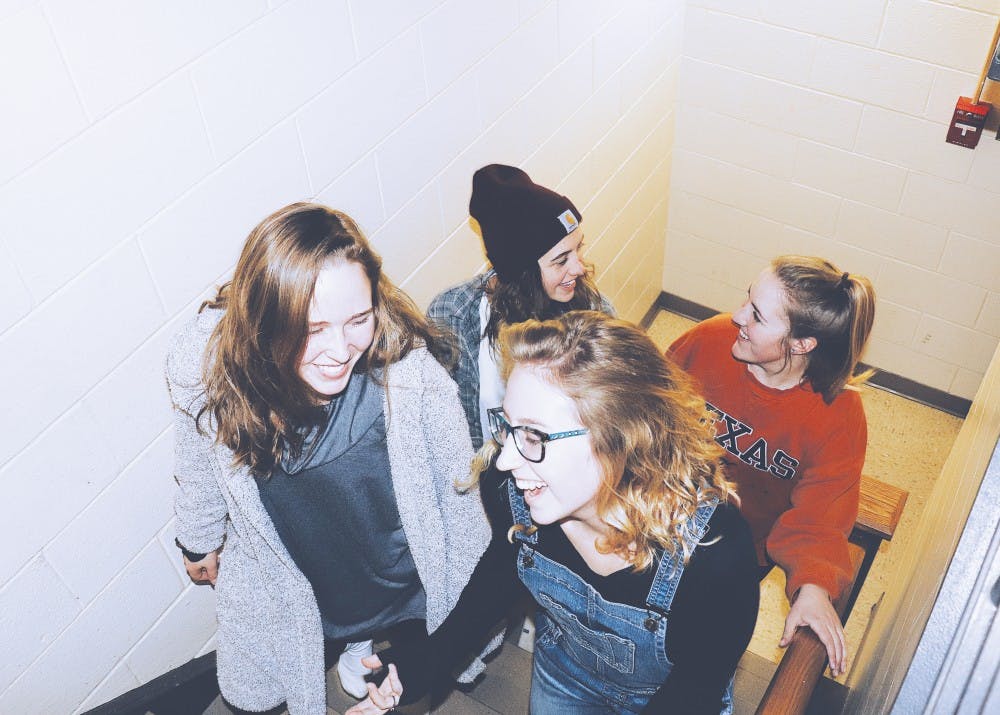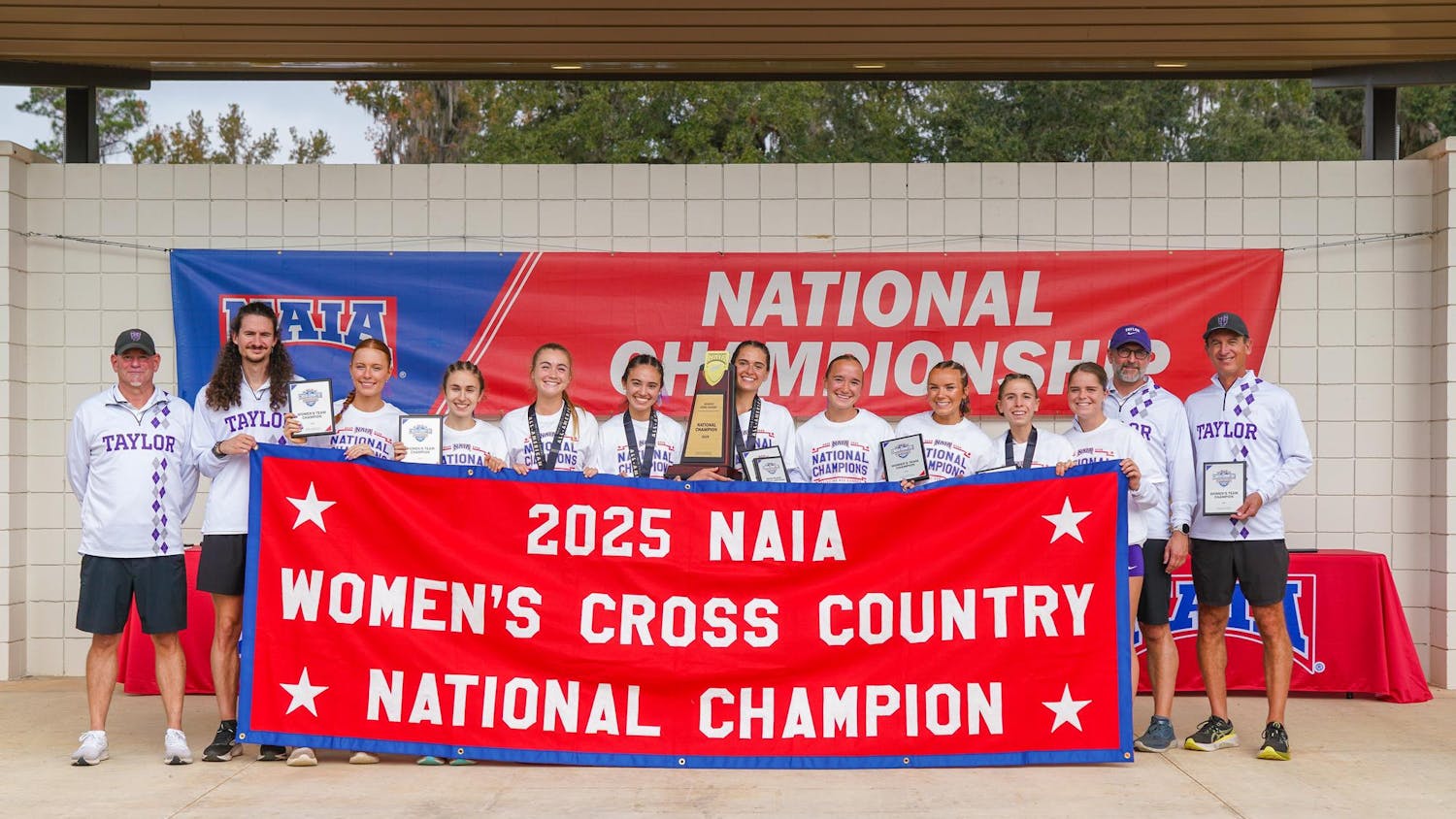By Kia Apple | Contributor
Editor's Note: This article is the third in a three part series.
Anyone is at-risk of becoming temporarily or permanently disabled.
Taylor students may encounter multiple sclerosis, bipolar disorder, lupus, crohn's disease, schizophrenia and depression, common conditions that can appear in a person's 20s. Many students lack the self-awareness and knowledge needed to address potential health concerns.
As leaders in our community, professors can help destigmatize this issue. I observe faculty and staff overworking students and not setting up boundaries in their own lives. Taylor is known for challenging their students, which is not a bad thing, but it needs to stop contributing to unhealthy habits that supposedly correlate to "successfulness."
Unfortunately, being more accessible is not at the top of Taylor's to-do list. Why aren't there more students with disabilities at Taylor? Cost, minimal accessibility, lacking an already established disability culture, ignorance in the community, absence of proactive attitude and behavior. Accessibility is not just for those with "special needs;" it benefits everyone. By unintentionally promoting ableism, Taylor is not being a good witness and is shutting out an irreplaceable part of community.
I am aware that a large portion of the problems addressed come back to funding. Hiring more employees, reconstructing buildings and offering more scholarships costs money, which often comes with strings attached. I wonder about the potential benefits a college could reap if they would deny donations for their sports program and direct donors and alumni to a fund for students with disabilities.
How do we move forward as a community? I have heard the desire professors have to help and be more intentional in the classroom, but they don't have the time and have commented on being overworked. The Bedi Center for Teaching and Learning Excellence (BCTLE) provides continuing education for faculty, and I think integrating further learning about disabilities could be beneficial in raising awareness and action faculty can take.
My peers should not shy away from discussions and questions about these topics. Understanding a person's individuality and limitations without making assumptions is part of "intentional community."
"You just have to be more loving, compassionate and imaginative to see the wonderful gifts offered from people with disabilities," said Daniel Bowman Jr., associate professor of English.
Much more could have been written on this topic, but I would like to acknowledge the progress I have seen at Taylor during the time I was working on this article. This past fall I was informed faculty had the opportunity to learn about mental health in the student body from the counseling center, a recent Echo article addressed accessibility for physically disabled students, and Taylor stated in an article called "Taylor Names Rev. Greg Dyson Special Assistant to the President for Intercultural Initiatives" that he was hired "to generate a strategic plan for diversity and intercultural initiatives, and implement initiatives that will enable all members of the Taylor community to thrive, prosper and benefit from and contribute to the Taylor University mission," which I hope will also include disability diversity and culture.
Not every student with a disability will document it or need an accommodation but nurturing a space that assures a person's value in Christ, and is conscious of the second largest minority group is part of our role as Christians. "What if in Heaven people still have the same problems that we have here on earth, including disabilities, except our community meets the needs of everyone perfectly?" Jeff Cramer, associate professor of computer science and engineering and director of the Honors Guild, said. "We should pursue that in the here and now."





